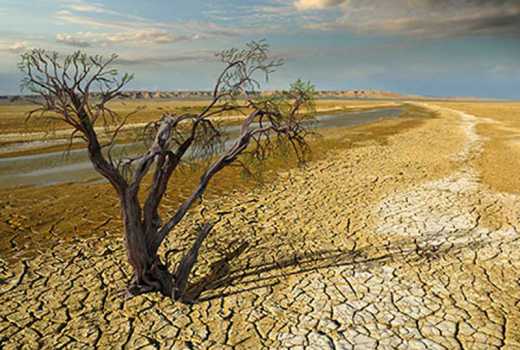
The government is once again fumbling for solutions as three million citizens face hunger due to drought. The alarm bells have rang. We find ourselves in the same situation we faced in February 2017 when the state declared drought a national disaster. According to Red Cross, Garissa, Wajir, isiolo, Tana River, Kajiado and Kilifi are in the red this month, and water shortage is evident even in regions that have been traditionally water secure.
On Friday, Red Cross Secretary General Abas Gullet, accompanied by Devolution Cabinet Secretary Eugene Wamalwa, asked Kenyans to donate to supplement the Sh3.8 billion the State had set aside to address the crisis. Red Cross is seeking Sh1 billion to fund its 2018 drought response.